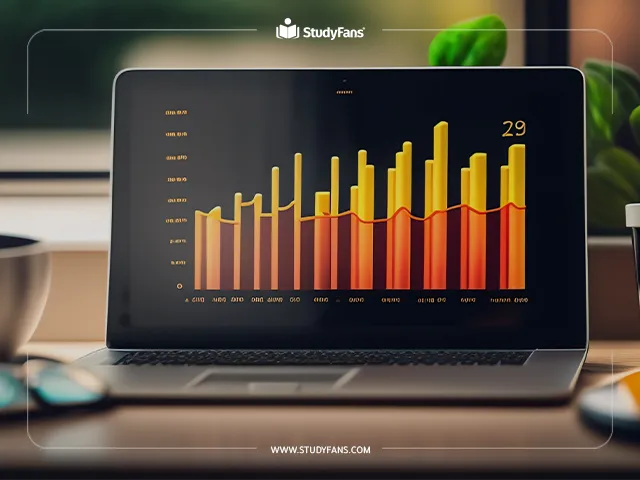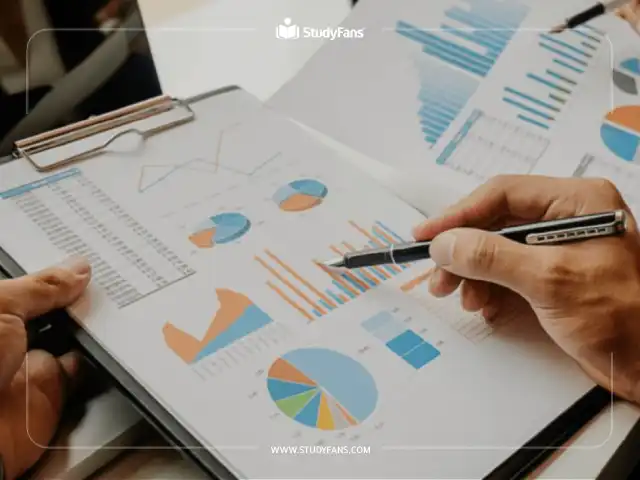Business intelligence and business analysis are two terms used interchangeably in business, and the definitions of the two fields often overlap.
Identifying the difference between business intelligence and business analysis contributes to choosing the appropriate tools for business development, and evaluating the educational programs available to students with the aim of better preparing them for success in the business field.
What is Business intelligence?
Business intelligence consists of using data to manage operations within an organization, in the form of collecting and storing data about current operations, organizing work, and generating reports to achieve current business objectives.
Business intelligence includes a variety of tools, including software, spreadsheets, online analytical processing, reporting software, business monitoring software, data mining software, and predictive and statistical tools for business analysis.
In general, business intelligence enables leaders to deal with industrial challenges and organize work, to achieve the primary goal of bringing the organization to success
What is business analysis?
Business analysis is primarily based on statistics, using quantitative tools to forecast and develop strategies for future growth.
Business analysis is a part of business intelligence, where data collected from business intelligence tools is processed, converted into useful insights, and implemented.
Business analysis involves many steps, like data mining, forecasting, and data visualization.
It is associated with many functions, including correlational analysis, regression analysis, factor analysis, prediction analysis, and others.
To do this, teams collaborate with data scientists to help understand the data and develop business strategy.
Also read about: Studying information technology (IT) in Türkiye

The difference between business intelligence and business analysis
There are several key differences between the definition of business intelligence versus business analysis, which reflect trends in business language, and an organization's desire to invest in a current or future focus. Business leaders must consider these differences when contracting for business intelligence and analytics tools for their organizations.
Focus on the present or future
It is considered one of the most common factors in determining the difference between business intelligence and business analysis. It focuses mainly on current or future challenges. Business intelligence uses historical data to understand current business operations and make appropriate decisions about them, while analysis is based on using data to predict future trends.
More clearly, business intelligence provides detailed information about an organization's current situation, while business analytics predicts future events.
Also, read the Difference between Computer Eng. & Software Eng.
Size and age of the institution
The use of tools with their different types depends on the size of the organization
Business intelligence tools are often used in large organizations. While organizations of all sizes may resort to business analysis.
The age of the organization may also influence the choice of type of tools. If the company is new or undergoing restructuring, predictions about business trends through business analysis may be the most commonly used.
For already established organizations that want to be more organized or improve employee performance, business intelligence may be more useful. However, most organizations use both of them.
Structured or unstructured data
Business intelligence tools are used with structured data. For business analysis, tools are used with unstructured data to transform it into structured data that can be analyzed through predictive analysis.
Analyst or manager?
The people who want timely access to data are often managers or accountants in departments that do not have technical expertise in data analysis. These people, therefore, rely on business intelligence tools to provide the information needed to make decisions without the help of a data analyst, but they need to learn how to navigate through the software to view the information they need.
Conversely, business analysis requires sufficient expertise to decode data into confirmed and meaningful information. Data analysts are often capable of predictive analytics working through data to produce clear insights.
Salary and job title
When researching career options in business intelligence or analysis, you will find significant differences in job titles and salaries.

Business intelligence jobs
Business Intelligence Analyst
Business intelligence developer
Business Intelligence Engineer
Business analysis jobs
Business analyst
Business Analytics Specialist
Business systems analyst
Also read about: Studying Business Administration In Turkey
Tools for Business Intelligence Vs Business Analysis
Business intelligence | Business analysis |
TIBCO | Word processing |
PowerBI | MS Visio |
SAP Business Objects | MS Office Tools |
QlikSense | Google docs |
When to use business intelligence and business analysis?
The choice depends on use cases and business models, as follows:
Use cases
Artificial intelligence is used to simplify business processes by overcoming weaknesses and reducing costs. In addition to providing visualizations for all aspects of the work and submitting reports on them.
Business analysis is most useful in informing decisions regarding changing processes or products.
We will find that forecasting shows the optimal times and locations for selling certain products and also contributes to determining new products and how to sell them. Business analysis helps guide an organization through changing business environments, and its self-service analysis tools contribute to data-driven decision-making.
Business models versus business processes
Business intelligence excels at improving operations, and therefore it can be used in any organization, whether it is an established organization looking to improve its operations or a fast-growing one looking to expand its scope better and faster.
Statistical analysis is most suitable for organizations seeking to adapt to new business environments. We will find planners using statistical models to suggest changes to existing products or services to better match customer needs.
Conclusion
Despite the differences between business intelligence and business analysis, they are two disciplines that complement each other to achieve organizational success and ensure alignment between business owners and technology teams.
If you wanted to know more or have any questions, we are here to help you and you can always contact us:
Phone: 00905437394024
Or via WhatsApp through this link.





